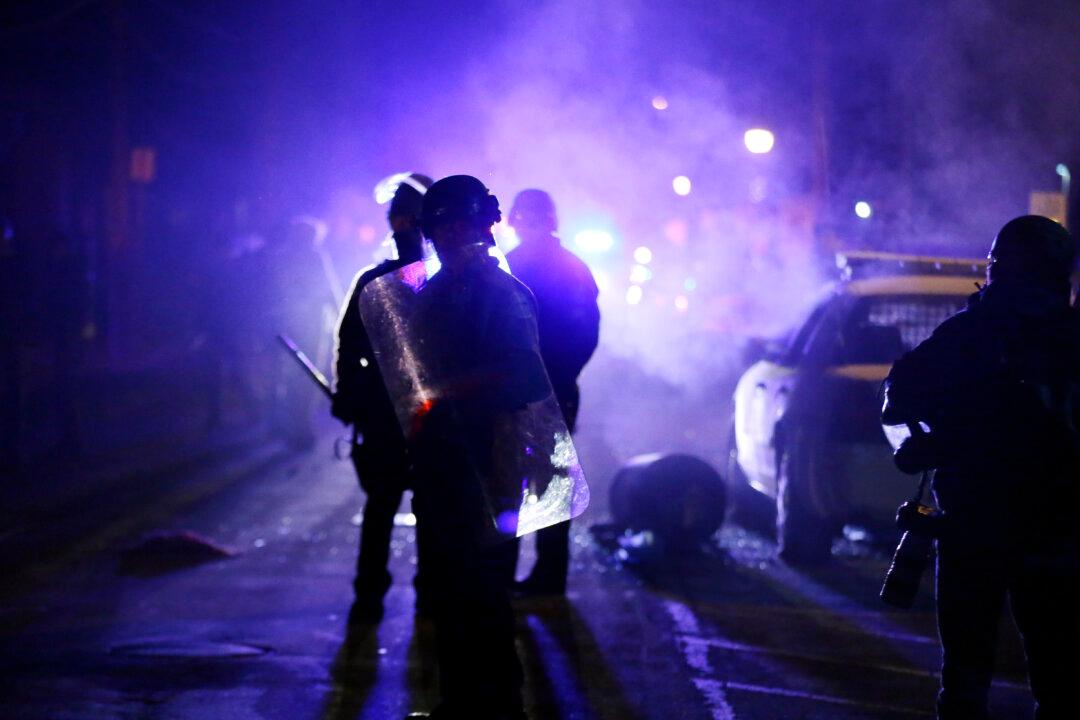DALLAS— In the wake of Michael Brown’s death, the federal government wants to require the Ferguson Police Department to check all new hires against a database of officers who have been stripped of their law enforcement licenses for misconduct.
The mandate to consult the National Decertification Index received little notice in the government’s proposed agreement to reform the police and court systems in the St. Louis suburb. But the measure’s inclusion suggests to some observers that federal authorities could finally be seeking to put the index into wider use after years of resisting the idea.
The database contains the names of about 20,000 former officers who have been pushed out of law enforcement. The index has been used inconsistently, and many officers who are stripped of their badges in one jurisdiction are free to move to another.
Criminal justice advocates have long called for the creation of a clearinghouse of information on bad cops similar to the National Practitioner Data Bank, which tracks malpractice lawsuits and complaints against doctors. Those calls have been rejected by Congress and opposed by some law-enforcement groups, particularly police unions worried about creating a blacklist.
When Congress was debating a national police registry in 1996, one union official compared the idea to the “witch hunts of Salem.” The bill failed.
“Law enforcement was late getting into the registry business,” said Raymond Franklin, a retired director of Maryland’s police standards agency and one of the creators of the index. “Every profession has it now. And quite frankly, nobody ever talks about the National Practitioner Data Bank for doctors being a blacklist. You would expect that there would be a source of information about how doctors could have problems.”






